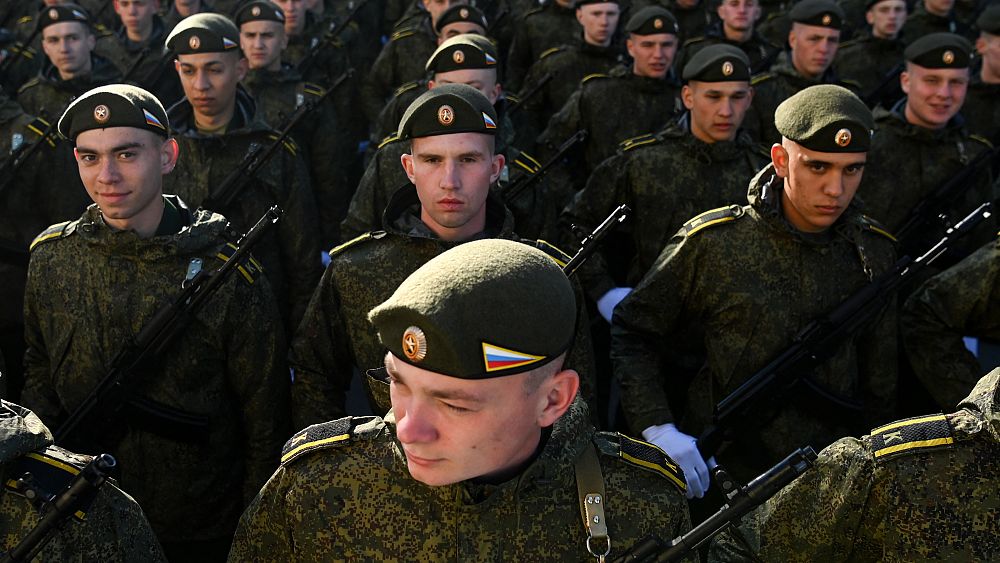
The 9th of May commemorates the Soviet Union’s victory over Nazi Germany in 1945 and lauds two tenets that are central to the country’s identity: military might and moral rectitude. But the war in Ukraine undermines both this year.
The holiday falls on Tuesday and marks the 78th anniversary of Germany’s capitulation in World War II after a relentless Red Army offensive pushed German forces from Stalingrad, deep inside Russia, all the way to Berlin.
The Soviet Union lost at least 20 million people in the war; the suffering and valour that went into the German defeat have been touchstones ever since.
However, many regions have cancelled their May 9 observances because of concerns the events could be targets for Ukrainian attacks. Moscow’s famed Red Square military parade will go ahead as normal.
This comes despite Russia accusing Kyiv and its Western allies of conducting sabotage operations and a series of strikes, which includes an allegedly foiled drone attack on the Kremlin.
It said the attack, by two drones, had been aimed at killing Russian President Vladimir Putin. Both Kyiv and Washington have denied any involvement.
For all the fearsome armaments that will growl through the square, Russia’s failure to make gains in Ukraine spoils the image of its army’s indomitability.
After seizing sizable parts of the neighbouring country in the opening weeks of the invasion, the Russian campaign saw an abandoned attempt to enter Kyiv, retreats in northern and southern Ukraine, and an inability to take Bakhmut, a small city of questionable value, despite months of exceptionally gruesome fighting.
Russian invasion sabotaged?
Analysts are divided on whether the May 3 drone incident at the Kremlin was a genuine attack.
Two freight trains derailed last week due to bomb explosions in the Bryansk region that borders Ukraine. However, the regional authorities did not blame Ukraine for the incident.
But Bryansk authorities claimed in March that two people were shot and killed when alleged Ukrainian saboteurs penetrated the region. The region also has come under sporadic cross-border shelling, including last month, when four people were killed.
Three prominent supporters of the war in Ukraine also were killed or injured on their home turf elsewhere in Russia. A car bombing last week in the Nizhny Novgorod region that officials blamed on Ukraine and the United States severely injured nationalist novelist Zakhar Prilepin and killed his driver.
Last year, Darya Dugina, a commentator with a nationalist TV channel, died in a car bombing outside Moscow, and authorities alleged Ukrainian intelligence was behind the April death in St. Petersburg of prominent pro-war blogger Vladlen Tatarsky, who was killed when a bomb inside a statuette he was handed at a restaurant party exploded.
Amid the heightened security worries, authorities also cancelled one of Victory Day’s most notable observances, the “Immortal Regiment” processions in which throngs of citizens take to the streets holding portraits of relatives who died or served in World War II.





